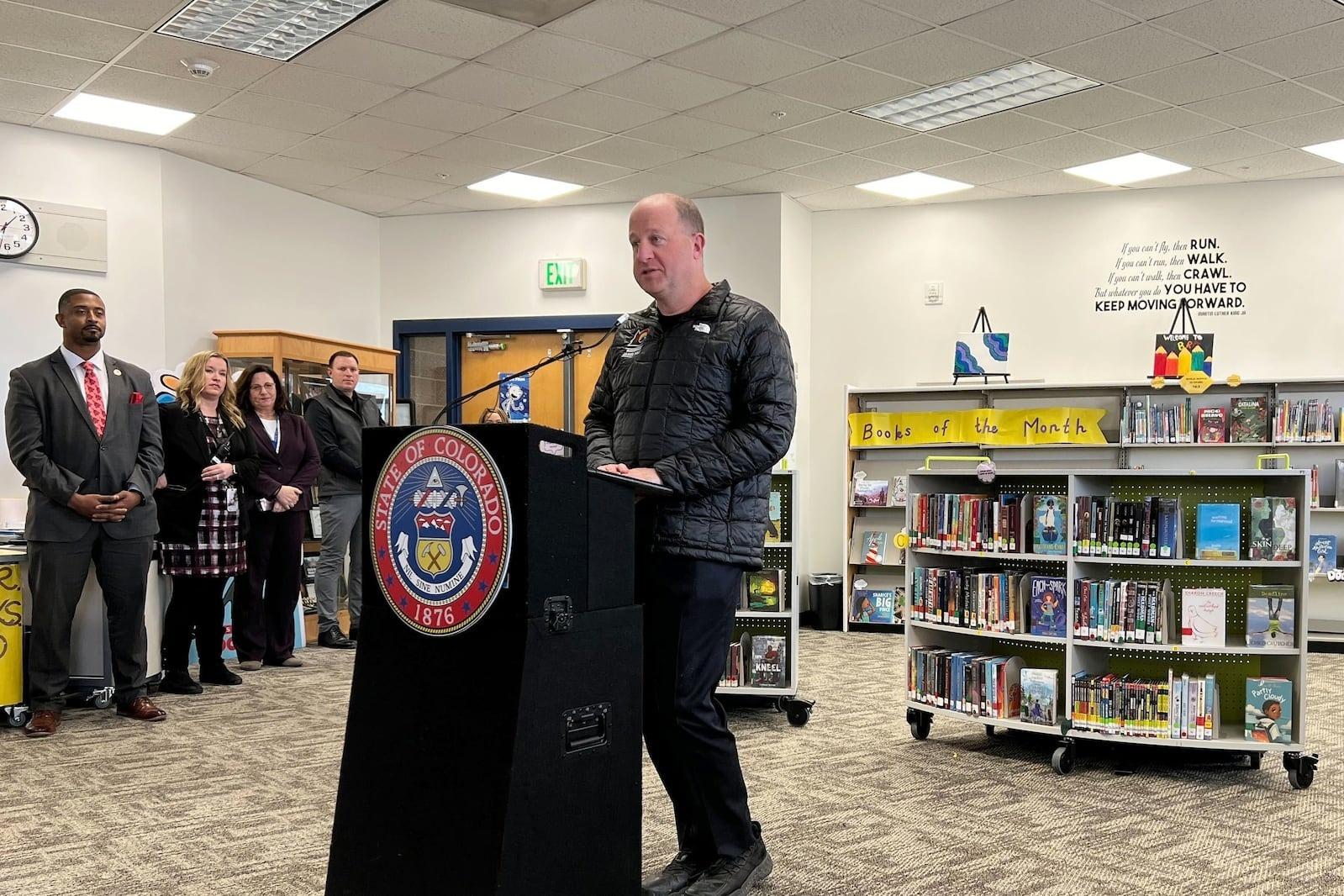Colorado's bail bond industry is up in arms over a new bill that would create a competing bail system run by the courts. But backers say the change could save money and increase public safety.
________________
The bill would allow judicial districts to set up a government-run bail system. If defendants chose to use it, they'd pay a fee similar to what private bail bond companies charge. But defendants would get half the fee back if they made it to court. The rest of the money would go to pay for monitoring services, like drug and alcohol testing, and cover the cost when law enforcement has to chase down fugitives.
Senate Majority Leader John Morse is sponsoring the bill. He says the new system would help keep people out of trouble until they make it to trial.
MORSE: "But all the private sector does is collect money and hope they show up and we need to make sure they don't offend while they're out on bond and that they show up for trial. So there's a huge public safety problem here that hasn't been addressed."
Morse's bill is moving quickly – it was introduced Monday and had its first hearing yesterday. But despite the short notice, the bail bond industry came out in force to testify against it.
GONZALES: "This bill in effect will kill commercial bail in Colorado."
Rick Gonzales is president of the Professional Bail Agents of Colorado. He told the committee that having a government alternative would undercut his industry and cost around 500 bail agents their jobs.
Bail agents also attacked the idea that this would improve the system, saying law enforcement has too many other obligations to do the detailed work of tracking down fugitives, whereas bail bondsmen have a huge financial stake in making sure every client gets to court. Mike Whitlock with the American Bail Coalition described bail bonding as the most under-appreciated part of the justice system.
WHITLOCK: "That is really offensive to say they can walk in and do the same job. But the reality is, as has been said here before, they don't do the same job. They collect the money, they get that part right. But when it comes to fulfilling the obligations to make sure the defendant gets to court, they fall short."
The majority of senators on the panel disagreed though. All the Democrats and one Republican voted for the bail bill. It now goes to one more committee before being heard by the full Senate.









